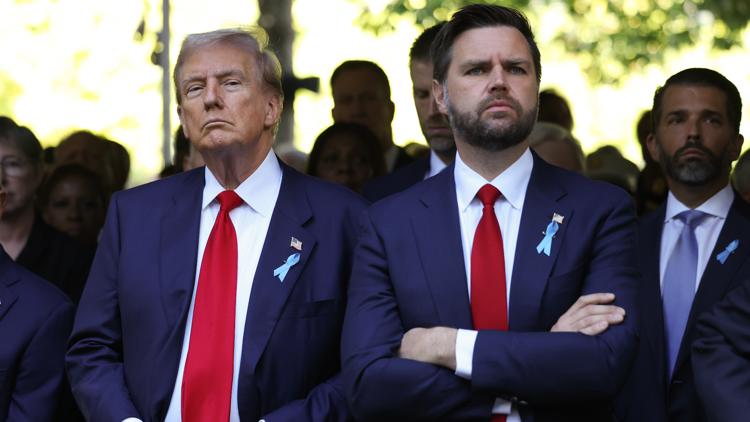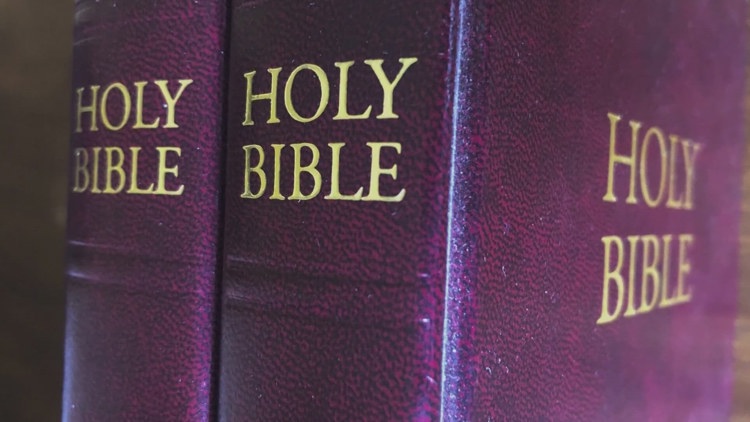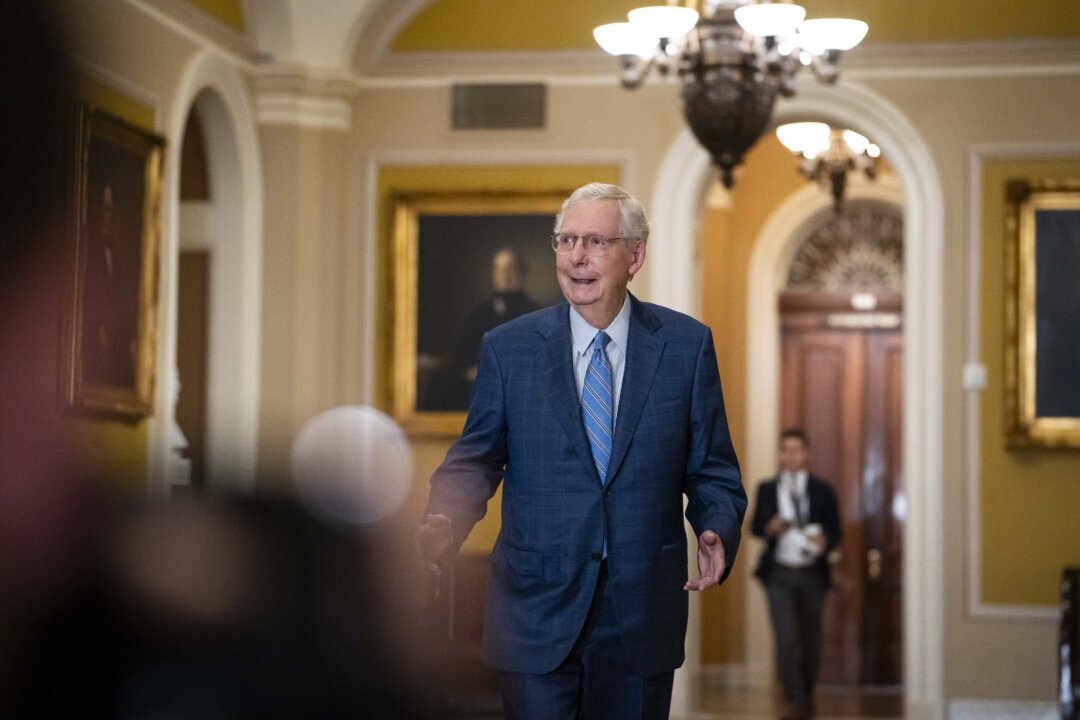
The air quality is steadily deteriorating across the country, and the onset of winter is wreaking havoc in Pakistan’s largest province, Punjab. Lahore, long celebrated for its gardens, is now cloaked in smog. Birds, animals, and even humans struggle to breathe properly, inhaling heavy pollutants into their lungs.
The government claims it is deploying all its resources to address air pollution, yet its environmental initiatives have proved ineffective, contributing to the increasing smog in Punjab’s mega cities. To combat this smog apocalypse, the government focuses solely on closing educational institutions, parks, and markets, while neglecting the primary causes: the burning of crop residues, smoke-emitting factories, brick kilns, vehicles, and the lack of preparedness to combat transboundary air pollution through climate diplomacy. With no strict measures or deterrents against offenders, how can air pollution be controlled? Although the government and administration have faced reprimands from the judiciary, they remain reluctant to admit that their efforts to combat air pollution have failed.
During a Lahore High Court hearing on petitions concerning smog, Justice Shahid Karim observed that the government had not taken adequate steps to address the issue. While educational institutions were closed, construction activities and smoke-emitting vehicles continued unabated. Despite a health emergency being declared across Punjab, crop residue burning persists, releasing volatile organic compounds (VOCs) and nitrogen oxides (NOx) into the atmosphere.
This exposes the government and administration’s lack of commitment, as evidenced by officials taking trips even during a climate emergency while making empty claims about public service. Zero tolerance against violation of smog SOPs, warns Faisalbabd Commissioner Currently, the air quality index (AQI) in Punjab’s major cities exceeds 400 and often approaches 900, while a healthy AQI should be 100 or below. Public safety measures must be enforced amidst this polluted air.
The administration claims to have implemented a “green (smart) lockdown” by temporarily closing educational institutions, prohibiting heavy traffic in the city, and ordering markets and restaurants to shut by 4 pm. However, issuing orders from the comfort of offices without ensuring their implementation will not bring the situation under control. Officers must step out, monitor their subordinates, and guarantee that directives are properly followed.
If these orders were being implemented effectively, the smog situation would not have reached this perilous level, as even highlighted by NASA. Satellite images released by NASA of Punjab on 31 August and 10 November starkly contrast; the former shows a clear atmosphere, while the latter reveals a white, snow-like layer over major cities, signifying hazardous smog. Citizens across the province are now suffering from diseases caused by this toxic haze.
Meanwhile, the Chief Minister of Punjab has gone abroad under the pretext of a throat ailment, echoing her father, former Prime Minister Mian Nawaz Sharif, who also sought treatment abroad during challenging times, leaving citizens to face their struggles alone. 50 new cases registered over trash, crop residue burning This pattern repeats itself: while Pakistan’s people suffer the consequences of air pollution, the country’s leaders enjoy the fresh air of foreign lands, delivering speeches abroad and seeking international aid for air pollution mitigation. These seasoned rulers have done little besides begging for aid, which often enriches their coffers.
The citizens of Pakistan are dying from natural calamities such as earthquakes, floods, and now smog, but the rulers remain indifferent, prioritising their personal struggles over public concerns. Constitutional amendments are introduced under the guise of public welfare but primarily serve the personal interests of political leaders. The public is left with empty promises of artificial rain or ineffective lockdowns.
The government must confront its flaws and inefficiencies, taking decisive action to mitigate pollutants in the air. Failure to act will not only deepen the smog crisis but also erode their authority and credibility. Cleanup operation intensifies in Multan Attiya Munawer The writer is an activist and environmentalist.
She covers human rights and politico-environmental issues. She tweets @AttiyaMunawer and can be reached at [email protected] Tags: smoggy air.














